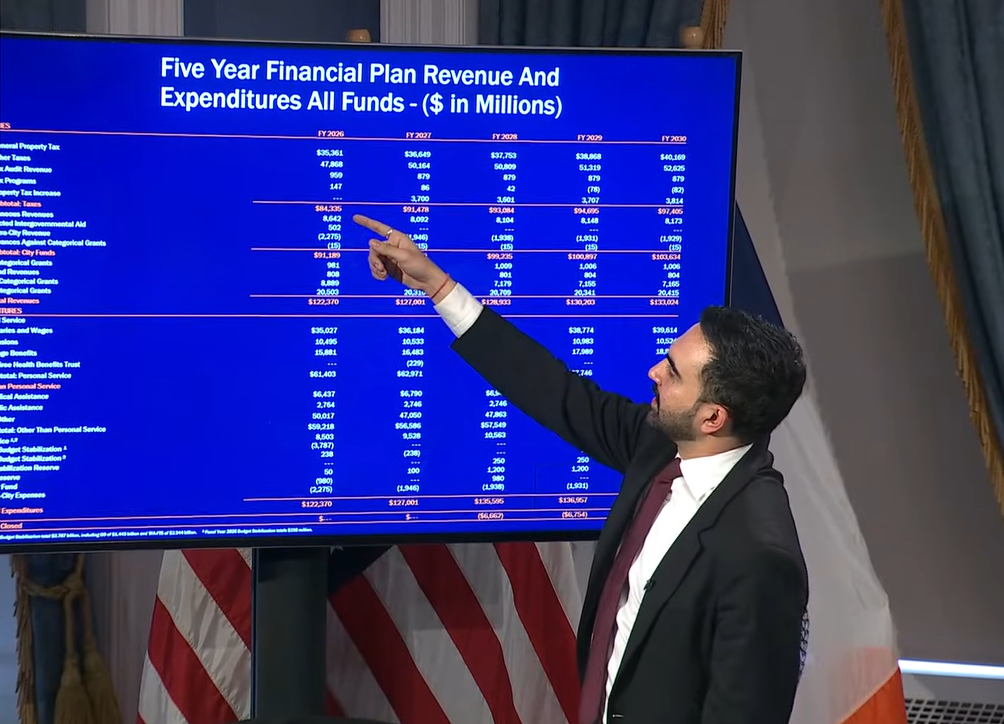New data released recently by several small business and government organizations show mounting evidence that the tax law isn’t helping Main Street small business owners grow their businesses, and that most small business owners don’t understand how the law impacts them.
- A poll recently released by Businesses for Responsible Tax Reform found the vast majority of small business owners don’t believe the tax law will help grow their business. In fact, 69 percent of the plurality Republican survey said the tax law will not allow them to hire new employees or give raises.
- The Joint Committee on Taxation (JCT) Congress’ nonpartisan tax scorekeeper, issued new data April 23 that found 44 percent of the new 20 percent pass-through deduction benefits individuals making $1 million or more. By 2024, millionaires will be receiving over half of that tax relief. The vast majority of small businesses are organized as pass-through entities.
- A survey issued April 24 by the National Association for the Self-Employed (NASE) found almost 60 percent of those who took the survey responded they felt their taxes would be more difficult to complete in 2018 because of the new tax law and 83 percent did not have a complete understanding of the impact the new tax reform law would have on their business. More than 90 percent felt the government did not adequately prepare them for the new tax system.
- According to the National Small Business Association (NSBA), 68 percent of small business owners said that the complexity of filing their taxes would increase or stay as complicated as before. Small business owners are struggling to figure out how, or even if, they qualify for the new deduction.
“There’s no reason the tax law had to dramatically favor large corporations and the wealthiest individuals,” said Frank Knapp, Jr., co-chair of Businesses for Responsible Tax Reform and CEO of the South Carolina Small Business Chamber of Commerce. “It could have been designed to help the middle class and small business owners. But that’s not what lawmakers chose to do. Instead, this law delivers a tax code that is more complicated, gives every advantage to large corporations and the wealthy and doesn’t treat small business owners like the job creators they are.”
Thanks for reading CPA Practice Advisor!
Subscribe Already registered? Log In
Need more information? Read the FAQs
Tags: Income Taxes, IRS, Small Business



